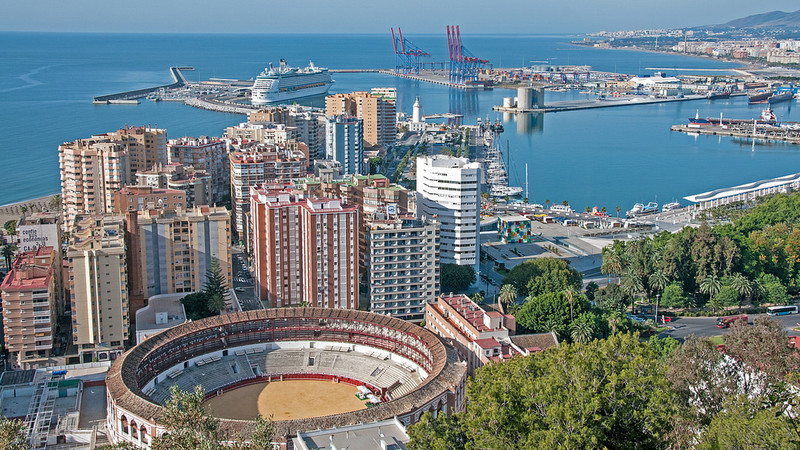Major profits from large-scale illegal activities have to be laundered to enter the so-called clean economy.
The money laundering itself is increasingly done by external specialised groups, which take a 5-8 percent cut for the service, Europol, the EU's police agency, says.
When only considering the Italian mafias, a 2016 report by the EU's judicial cooperation agency, Eurojust, notes their infiltration into the legitimate economy in "Spain (particularly favoured by the Italian Camorra), the Netherlands, Romania, France, Germany, and the UK."
But how are they doing this?
Primarily through "real estate investments and participation in public or private contracts, particularly in the field of construction, public utilities and waste disposal," the report says.
The Transcrime Organized Crime Portfolio (OCP), edited by Paolo Savona and Michele Riccardi, also notes "cases of organised crime investments were found in almost all EU member states (24 out of 28)", predominantly in Italy, France, Spain, the United Kingdom, the Netherlands, Germany, and Romania.
Dirty money, the OCP study says, is mostly "in areas with a historically strong presence of organised crime groups (e.g. southern Italy), in border regions, or in areas which may play a crucial role in illicit trafficking (e.g. Andalusia, or Rotterdam and Marseille with their harbours), large urban areas (e.g. London, Amsterdam, Madrid, Berlin) and tourist or coastal areas (e.g. Côte d’Azur, Murcia, Malaga or European capitals).
Southern Spain, for example, attracts dirty money from Italian mafias, Russian criminals and northern European biker gangs. EU Observer.


